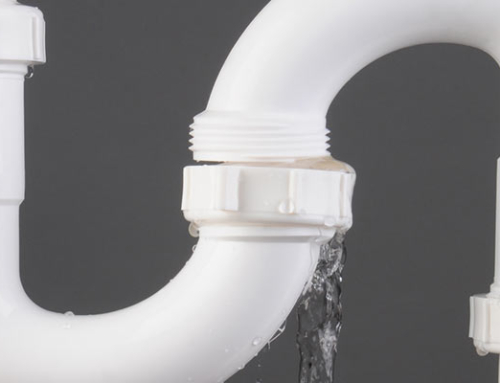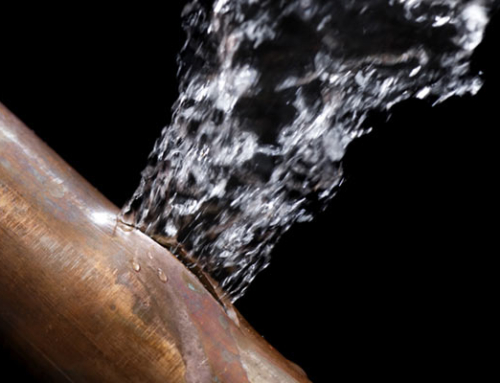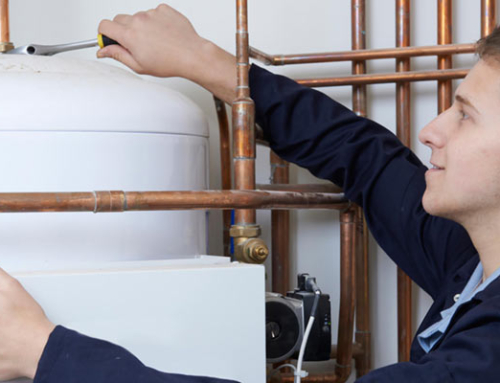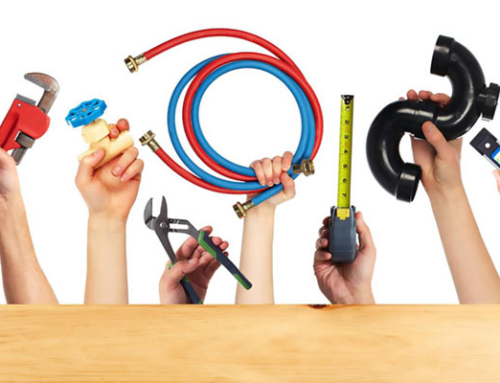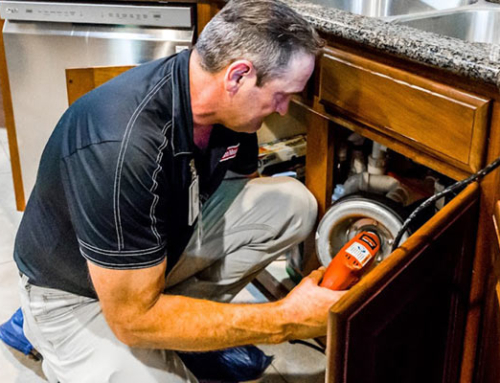Water pressure is something we often take for granted, but it plays a crucial role in our daily lives. Whether it’s for showering, washing dishes, or doing laundry, having the right water pressure is essential. That’s where a water pressure regulator installation comes in. In this article, we will explore the importance of water pressure regulator installation and why it is crucial for maintaining a well-functioning plumbing system.
What is a Water Pressure Regulator?
A water pressure regulator, also known as a pressure reducing valve, is a device that controls and regulates the water pressure coming into your home from the main water supply. It ensures that the water pressure is at a safe and consistent level, preventing any potential damage to your pipes, fixtures, and appliances.
The Benefits of Water Pressure Regulator Installation
Installing a water pressure regulator offers several benefits that can have a positive impact on your plumbing system, as well as your home in general. Firstly, it helps to prevent excessively high water pressure, which can cause serious damage. By reducing the pressure, a water pressure regulator can extend the lifespan of your pipes, preventing leaks, burst pipes, and other costly repairs.
Secondly, a water pressure regulator can help save water and energy. High water pressure can lead to excessive water consumption, resulting in wastage and increased utility bills. With a properly installed regulator, you can ensure that water is delivered at an optimal pressure, reducing unnecessary usage and saving money in the long run.
Problems Caused by High Water Pressure
Many homeowners are unaware of the potential problems caused by high water pressure. Excessive pressure can put a strain on your plumbing system, leading to various issues. One of the most common problems is leaks. High water pressure can cause pipes to crack or joints to loosen, resulting in leaks that can lead to water damage and mold growth.
In addition to leaks, high water pressure can also damage your appliances and fixtures. It can put stress on the valves and seals, causing them to malfunction or wear out prematurely. This can result in costly repairs or even the need for complete replacement of items such as water heaters, dishwashers, and washing machines.
Problems Caused by Low Water Pressure
While high water pressure can be damaging, low water pressure is equally problematic. Low water pressure can make everyday tasks such as showering or washing dishes frustrating and time-consuming. It can also lead to inefficient rinsing, poor water flow in faucets, and inadequate flushing of toilets.
Low water pressure may be caused by several factors, including clogged pipes, malfunctioning pressure regulators, or issues with the main water supply. Identifying the underlying cause is crucial in order to address the issue effectively.
Signs That You Need a Water Pressure Regulator
Determining whether you need a water pressure regulator is relatively straightforward. If you experience any of the following signs, it’s a good indication that your home may benefit from the installation of a water pressure regulator:
- Fluctuating water pressure: If the water pressure in your home varies significantly, going from too high to too low, a regulator can provide stability and consistency.
- Noisy pipes: If you hear banging or rattling noises coming from your pipes when you turn on or off a faucet, it may be a sign of excessive water pressure. A regulator can help alleviate these noises.
- Leaking faucets or toilets: If you notice leaks in your faucets or toilets, it may be due to high water pressure. Installing a regulator can help prevent future leaks and water damage.
The DIY Approach: Pros and Cons
Some homeowners may consider taking the DIY route when it comes to installing a water pressure regulator. While DIY projects can be rewarding, it’s important to weigh the pros and cons before attempting plumbing work yourself.
One advantage of the DIY approach is cost savings. Hiring a professional plumber can be expensive, and doing it yourself can save you money upfront. Additionally, performing the installation yourself allows you to have complete control over the process and ensures that it is done to your specifications.
However, there are important considerations to keep in mind. Plumbing work, especially when it involves the main water supply, can be complex and require specialized knowledge. If not done correctly, DIY plumbing can lead to costly mistakes, such as leaks, pipe damage, or even flooding. Inexperienced individuals may also struggle to properly adjust the water pressure, potentially leading to further issues down the line.
If you decide to take on a DIY plumbing project, it is crucial to have the necessary experience and knowledge. Without the proper understanding of plumbing systems and regulations, you may unknowingly create more problems than you solve.
Experienced plumbers are familiar with the intricacies of water pressure regulators and can ensure a proper installation. They can accurately assess your home’s water pressure needs, install the regulator correctly, and make any necessary adjustments to ensure optimal performance. Additionally, professionals have access to specialized tools and equipment that may not be readily available to the average homeowner.
Costly Plumbing Mistakes to Avoid
Attempting to install a water pressure regulator without the proper expertise can lead to expensive mistakes. Some common plumbing mistakes include:
- Improper installation: Without proper knowledge, you may install the regulator incorrectly, resulting in leaks, damage, or inadequate pressure regulation.
- Inadequate pressure adjustment: Adjusting the water pressure requires precision and knowledge. Failing to do it correctly can result in too high or too low pressure, causing damage to your plumbing system.
- Damage to pipes or fixtures: Inexperienced individuals may inadvertently damage pipes or fixtures during the installation process, leading to costly repairs or replacements.
Why Professional Installation is Recommended
Considering the potential risks and costs associated with DIY plumbing, it is recommended to have a professional handle the installation of a water pressure regulator. Professional plumbers have the necessary experience, knowledge, and tools to ensure a proper and effective installation.
When you hire a professional, you can have peace of mind knowing that the job will be done right the first time. They will accurately assess your home’s water pressure requirements, select the appropriate regulator, and install it according to industry standards. Additionally, professional plumbers often provide warranties or guarantees on their work, providing further reassurance.
While DIY projects can be rewarding, it’s important to recognize the complexity of plumbing work and the potential risks involved. Consulting with a professional plumber, such as John Moore Services, can ensure a successful water pressure regulator installation and provide peace of mind knowing that the job is done right. Don’t hesitate to enlist the help of our experts to take care of your plumbing needs and enjoy the benefits of a properly-regulated water pressure.

